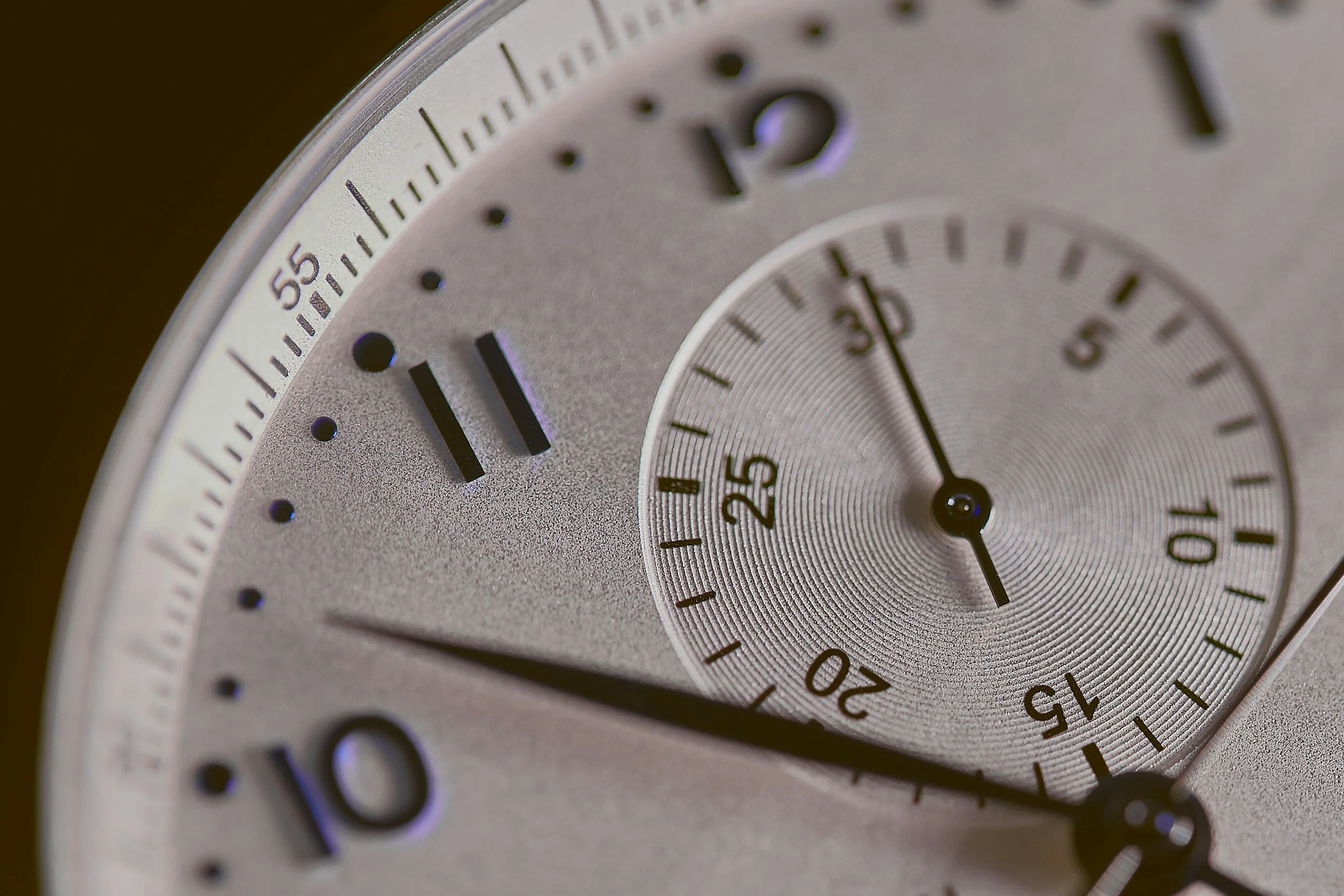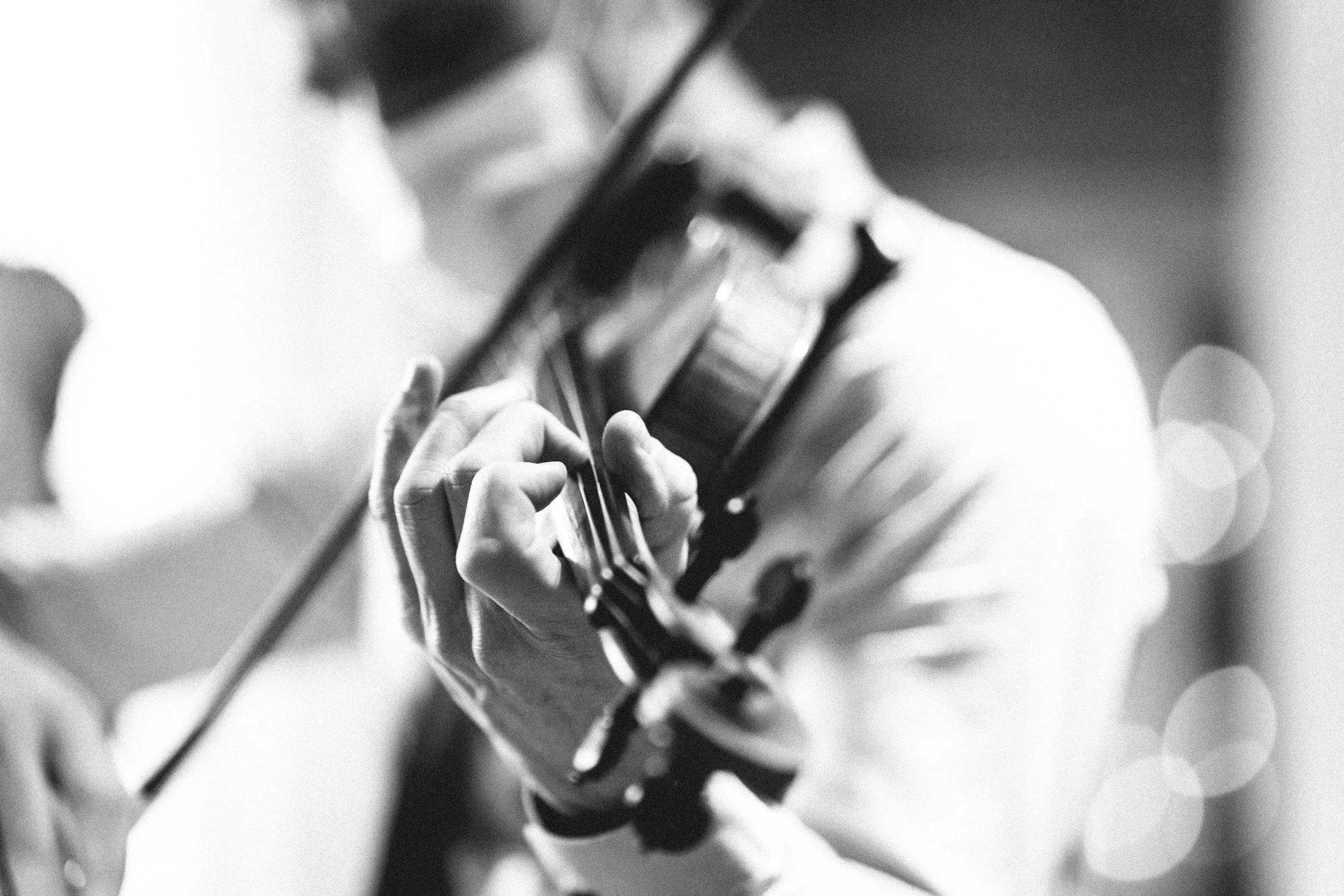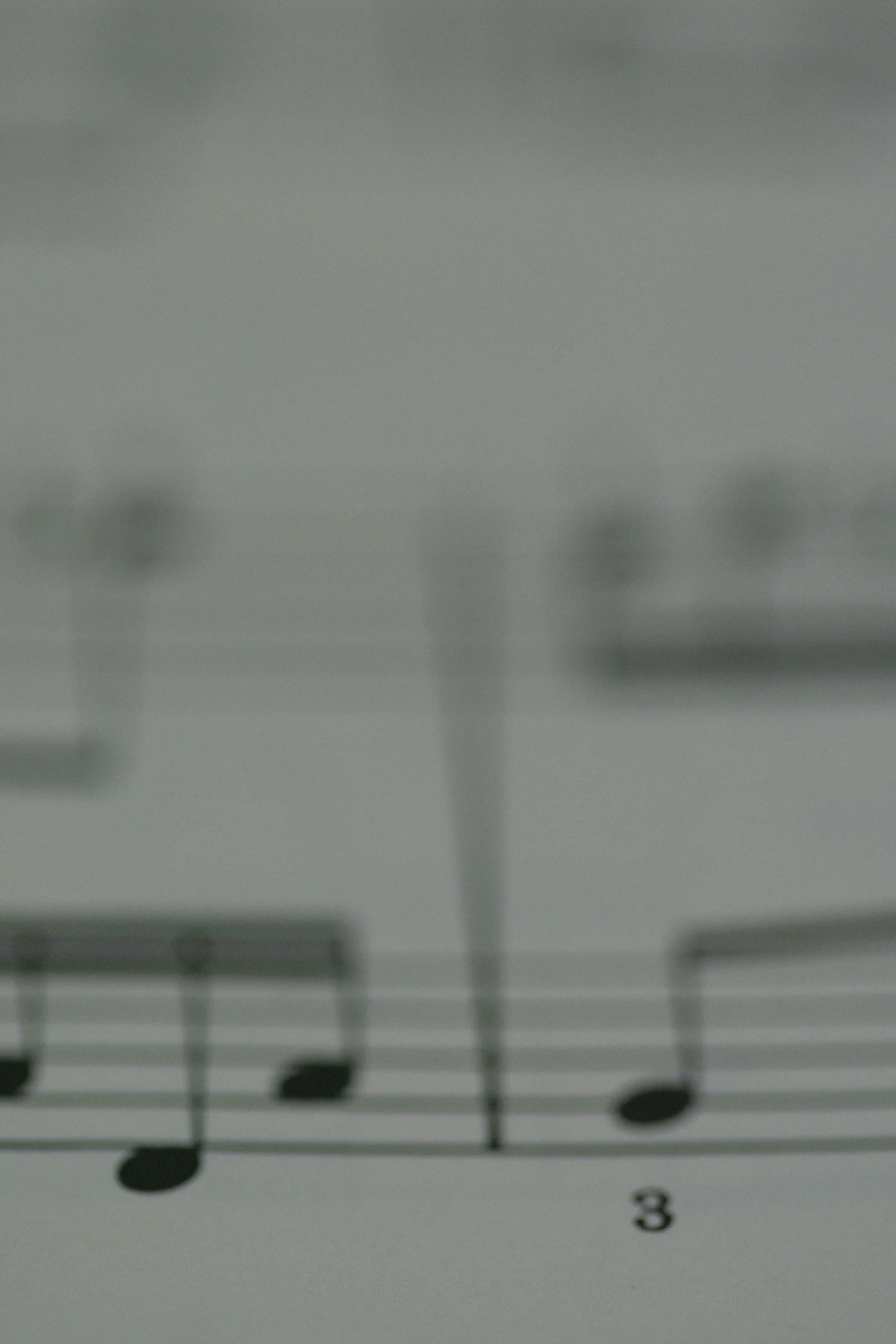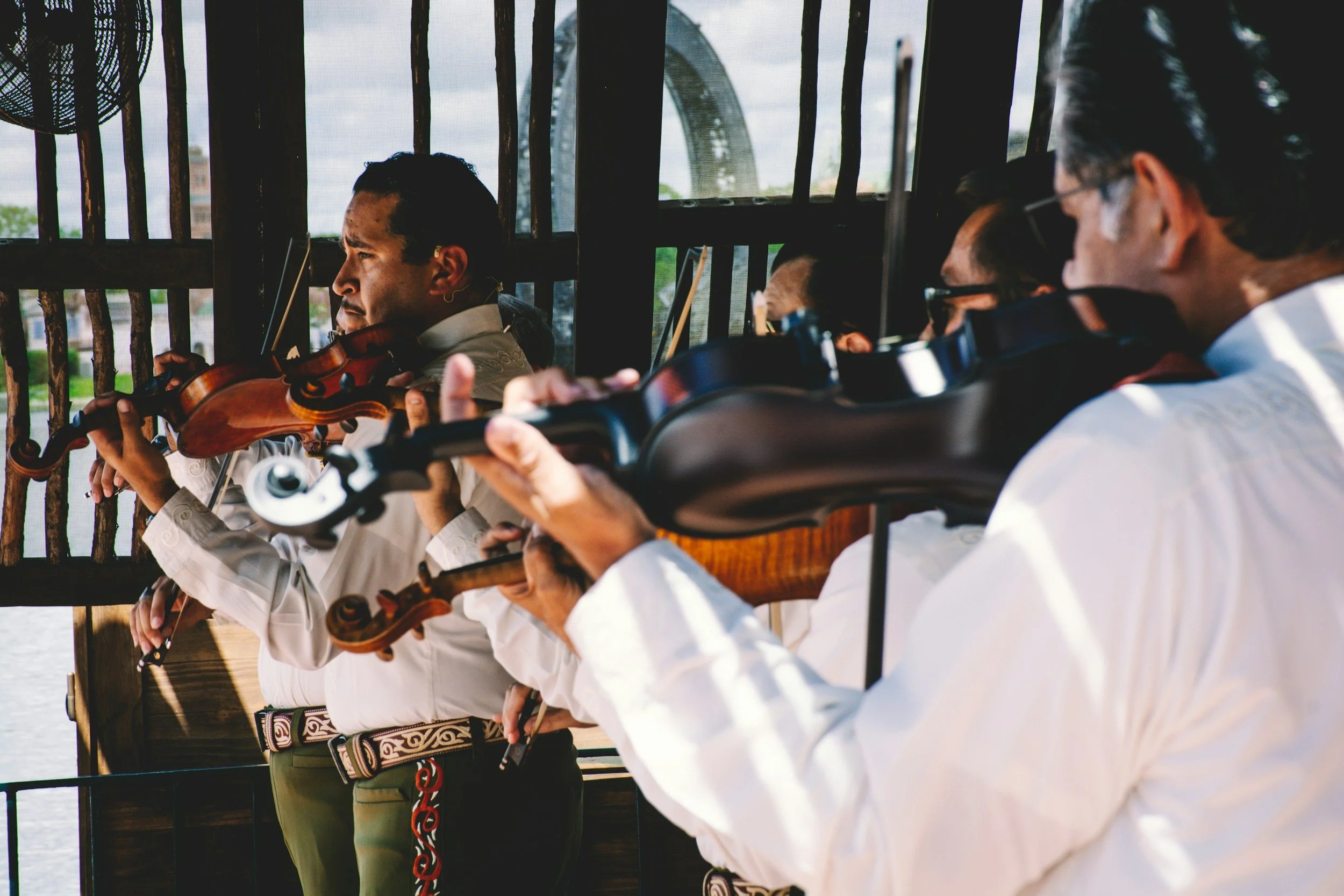
Frequently asked questions
Please set aside time to thoroughly read this page. I highly recommend taking quiet time with a notebook and pen, as 95% of your questions should be answered here.
The page outlines various options for your ceremony that you may wish to consider. Please jot down any remaining questions you may have, and we will discuss them during our wedding planning session.
When will the officiant arrive on the wedding day?
I will arrive 45 minutes prior to your wedding ceremony’s scheduled “Start Time.”
Please Note: Please provide me with the actual time the ceremony will begin, not the adjusted time printed on the invitations to account for late guests.
Can the bride choose who will walk her down the aisle?
Ultimately, this decision is personal and entirely up to the Bride. Here are some options:
Traditionally, the Father escorts his daughter down the aisle.
Many brides choose to have both parents escort her down the aisle.
Some brides are escorted by grandparents, stepparents, siblings, or a child.
Some brides walk down the aisle unescorted by anyone.
Can toddlers participate as ring bearers and flower girls?
Yes, young children can certainly participate in the wedding procession.
However, it is important to remember that they are young children, and their behavior can be unpredictable. They might not walk straight down the aisle, could cause a pause in the procession, or become scared or frustrated and start crying loudly.
If you plan to involve young children, it is a good idea to have them sit with their parents or grandparents after the walk is complete.
For a young ring bearer, it is advisable to secure a non-precious gold or silver-plated ring to the pillow and entrust the actual wedding rings to the Best Man.
Do you provide amplification equipment for the wedding?
No. Typically, this is provided by the venue or your DJ, sound technicians, or musicians. Even if you have a small number of guests, we strongly recommend requesting an amplification system. Background noises like wind, surf, passing aircraft or helicopters, and traffic can distract or overpower a human voice, and older people, such as grandparents, often have difficulty hearing clearly over these background noises.
Music
Music at your wedding is essential for several reasons:
Setting the tone: You are not making a "playlist" you are creating an overall tone and mood.
Enhancing emotion: Music evokes emotions and creates a shared experience, making a shared and memorable experience.
Creates anticipation: Music adds excitement to the ceremony. It engages your guests and makes them part of a shared experience.
Bridges Generations: Music can honor cultural traditions and connect the past, with the present, maintaining cultural continuity.
Ceremony versus Reception Music:
Ceremony music often consists of more solemn and expressive selections curated to make your ceremony uniquely memorable.
Reception music tends to be more lighthearted and designed to get people onto the dance floor.
live music at your wedding ceremony: Working with professional musicians can significantly elevate the atmosphere and personalization of your ceremony beyond a standard playlist.
Ceremony Music Selections:
- Prelude: As guests take their seats, gentle music sets a relaxed and elegant tone that invites guests to greet each other and engage in quiet conversations.
- Processional Music: For the wedding party's entrance.
- Bridal Processional Music: For the entrance of the bride.
- Unity Candle (optional): A non-lyrical piece is suggested.
- Presenting Roses to Mothers (optional): I recommend the non-lyrical version of "Ave Maria by Schubert."
- Recessional Music: A joyful, upbeat piece. This moment is more than simply "exiting the room"; it symbolizes your walk into your future together as a couple.
Consider using non-lyrical music for the ceremony for the following reasons:
- Ease of Timing: Non-lyrical pieces allow the DJ or musicians to fade out the music precisely when the action ends.
In contrast, lyrical pieces often compel them to finish a stanza or the entire song, which could lead to awkward or distracting interruptions to the overall flow and timing of your ceremony.
- Focus and Neutrality: Lyrics can engage thought, evoke strong emotions, or trigger associations with past events (e.g., breakups, loss), which can distract guests from the core focus: your vows and the celebration.
- Background Ambiance: Classical, instrumental, or other non-lyrical music (guitar, harp, violin, piano) serves as a beautiful, subtle, and neutral background, keeping the focus on the wedding celebration itself.
- Recommendation: Consider reserving the lyrical and popular (Top 40) music genres for your reception.
Mariachi Suggestion
If you opt for a Mariachi band, Consider having them play as guests exit the ceremony. They could lead the guests from the ceremony area directly to the cocktail hour location and perform throughout the cocktail hour.
Volume Reminder
Please ensure the music volume is restrained before the ceremony begins so guests can engage in quiet conversation.
If your wedding is outdoors ask your Venue what their “BackUp Plan” will be in case of Rain.
A well-executed outdoor wedding ceremony can be beautiful, but it's essential to have a backup plan in case of rain. This typically involves either moving the ceremony indoors or setting up a large tent as an alternative venue.
If your wedding is outdoors, Will your guests feel comfortable during your wedding ceremony?
When planning your wedding, I highly recommend checking the historical temperatures for your venue's address on your wedding date. This will help you determine if it has historically been hot, cold, or within a comfortable range generally between 18-25°C (64.4-77°F) Additionally, I suggest visiting your venue at the exact time of day you intend to hold your ceremony. Sit in a chair where your guests will be seated and assess the comfort level. Consider if you'll be in full sun or facing the sun throughout the ceremony, and if this would be comfortable for an extended period.
If direct sunlight might be an issue, one solution other couples have found useful is providing containers of parasols for guests at the entrance.
How many bridesmaids/groomsmen should we select for our wedding?
When choosing the number of bridesmaids and groomsmen for your wedding, it's important to consider a few practical factors:
1. Consider the size of your venue and the space where the wedding ceremony will occur. You want to avoid overcrowding and ensure enough space for everyone.
2. It's a good idea to have a balanced ratio of attendants to guests. A general suggestion is to have a Maid of Honor, a Best Man, and one set of attendants (bridesmaid and groomsman) for every 50 guests. Ultimately, the decision depends on personal preference and the constraints of your venue.
3. Can my “Best Man” or “Maid of Honor” be a female or a male? Yes.
A rehearsal may not be necessary for a small wedding party, such as two groomsmen and two bridesmaids, but it is advisable for larger parties.
Attire and Memories:
Remember when you were a small child and went into your grandmother's bedroom and saw a photograph of her in her wedding gown, with your grandfather standing next to her?
The pictures you take on your wedding day will be passed on to your children, grandchildren, great-grandchildren, and countless family members and friends. In this internet age, they will be posted onto social media before you even leave the reception. What clothing styles work best for the groomsmen and bridal party?
If unsure, consider selecting a classic, understated, timeless style. Avant-garde fashion may seem brilliant this season, but it may be reduced to a Halloween costume ten years from now.
Select clothing appropriate for the time of day your wedding is scheduled, such as late morning/early afternoon or evening wear.
Select clothing in sizes that fit and are comfortable. Coco Chanel once quipped, "If it is not comfortable, it is not luxury." Few things are more uncomfortable and unflattering than clothing that is too small or ill-fitting.
Photography and Videographers:
TIP: For outdoor weddings, Before setting the start time of your ceremony, check (Google) the sunset time on your wedding day. Make sure to allow at least an hour of sunlight after your wedding ceremony ends so your photographer can capture photos of you, your wedding party, and your family in the light.
Immediately after the wedding ceremony, the Wedding Coordinator will lead the newlywed couple and wedding party to take photos with the photographer while the guests enjoy the cocktail hour. This photo session after the ceremony usually takes 45 minutes to one hour.
Note that some guests may linger at the ceremony site, unknowingly delaying the start of the wedding party's photo session.
Additionally, some guests may want to congratulate the newlywed couple personally, potentially causing further delays.
After the photo session, the couple and the wedding party will rejoin their guests at the reception. Some couples may opt to take their photographs before the wedding ceremony so they can join their guests immediately afterward. Remember, genuine, candid shots capture special moments in a way that posed photographs cannot. A professional and experienced photographer and videographer will work discreetly to capture these moments without interrupting the wedding ceremony.
Please schedule a day off for both of you the week of your wedding.
The week of the wedding can be hectic for most couples. It's common for things to go awry and for friends and relatives you haven't seen in years to come into town. There are thousands of things to do, and sometimes, differences of opinion on how to do certain things can lead to arguments.
Plan a day for just the two of you to escape it all. Make a romantic date, go to the beach, visit your favorite restaurant, play, and have fun together. This will give you both a much-needed break from all the logistics and remind you why you decided to marry each other and what your wedding is truly about.
Your Marriage Vows:
There are two typical formats for the vows.
1. The traditional question-and-answer format: "Do you take [Name] for your lawful husband/wife, for richer or poorer, for better or worse, in sickness and health, to have and to hold, from this day forward until death do you part?" You respond, "I Do." This format is popular because it is simple and familiar.
2. Another option for exchanging marriage vows is composing your own personal vows and exchanging them with each other in the ceremony before your family and friends. Please review the “Personal Vows” section at the bottom of the "Your Wedding" page, at this hyperlink. This is considered one of the most romantic and intimate ways to exchange marriage vows.
Some suggestions include Have your vows PRINTED on high quality parchment and professionally matted and framed at this hyperlink. Discuss with your partner your preference regarding the formats for your exchange of vows, and select a format that you will both enjoy as a couple.
Is a Pre-Marital Counseling Session required?
No. However, I have arranged a complimentary thirty-minute pre-marital counseling session with Dr. James Walton, a marriage and family therapist licensed by the State of California.
Some topics that will be covered include communication, finances, in-laws, pre-marital anxieties, children, and blending families. For more information, please refer to the "Journal Questions" page. To schedule your complimentary appointment with Dr. Walton, please call (818) 753-4865 and mention that Fr. Farrow referred you for a pre-marital appointment.
Drinking before your Wedding Ceremony:
On your wedding day, feeling emotional and anxious about being the center of attention is normal. While having a drink to calm your nerves may seem like a good idea, it's important to remember that your marriage vows are a verbal legal contract. Just like any other legal agreement, being under the influence of alcohol can raise questions about your ability to make a clear decision. It could affect the validity of the contract.
In California, both parties must be sober when exchanging vows. If you're feeling anxious or stressed about being in the spotlight, consider using your thirty-minute session with Dr. Walton to learn relaxation techniques.
What documents do I need to bring with me on my wedding day?
Please remember to bring the following items:
Your Marriage License and the envelope provided to you by the County with their mailing address printed on it. Please keep these dry and do not fold your Marriage License.
If you opt for a Public Marriage License, your two adult witnesses must bring valid, government-issued photo identification, such as a Driver's License
Spanish Language and Bilingual Wedding Celebrations:
NOTA: Vivimos en California y muchas parejas tienen abuelos que no hablan inglés y compañeros de trabajo y amigos que no hablan español. ¿Cómo podemos asegurarnos de que todos se sientan bienvenidos e incluidos en la celebración de nuestra boda? Para su información, podemos llevar a cabo su ceremonia de boda completamente en español o tener una ceremonia bilingüe en inglés y español.
"I have family members who speak Spanish, but most guests only speak English. How can I make everyone feel comfortable and welcome at our wedding ceremony?" I am fluent in Spanish and would happily officiate your wedding in English, Spanish, or a bilingual Spanish/English ceremony. There are three criteria for the selection of a language for your ceremony:
1. Both of you should be able to understand and feel comfortable in whatever language you select for your wedding. Your marriage vows constitute a verbal legal contract. This means that you must be able to form and give consent to the contract you are both entering. This is, first and foremost, your wedding.
2. If you opt for a bilingual ceremony, do not fall into the trap of repeating everything in both languages. This will double the length of the wedding. Imagine going to a movie where every sentence is repeated in two languages. After about ten minutes, you would become frustrated and bored. I recommend selecting a primary and a secondary language for a bilingual wedding ceremony.
3. What language do the majority of your guests understand? You can choose that language as your primary language. Music is also an excellent way of incorporating language and culture into your wedding celebration. During our planning session, we can discuss this in greater detail so that your wedding celebration makes all your family and guests feel welcome.
Here is the most popular Bilingual Ceremony Order, which breaks down the language used for each element.
Please note that this can be fully customized to meet your specific needs and preferences:
Opening Prayer [Spanish]
Scripture Readings [1st, English & 2nd Spanish].
Questions of intent, asked by the priest of the couple. [English]
Exchange of Marriage Vows by the couple. [English]
Exchange of Rings by the couple. [English]
Cultural Elements, e.g. Lasso, Arras, Biblia y Rosario exchange. [Spanish]
The Lord’s Prayer (Our Father). [Spanish]
The Nuptial Blessing. [Spanish]
Closing Prayer and blessings of the couple. [English]
Presentation of the newly married couple. [Spanish]
Budget, Vendor Services, and Guest Count
Please keep in mind the following information: An intimate wedding with fewer guests can drastically reduce costs with some, but not all, vendors.
Where Guest Count does make a difference
1. Catering costs will be far lower for ten guests than for 150, the average number for Southern California weddings. Meals for ten people are far less costly than feeding 150 or more guests.
2. Venue costs will likely be lower as you won't need a large ceremony space or extensive "Set-Up" costs for ten people rather than 150 or more guests.
3. Hosted v. Non-Hosted Bar services for drinks at your cocktail hour can add or lower costs.
4. Valet parking and shuttle services.
5. Floral arrangements.
6. Commemorative guest gifts
Where Guest Count does not make a difference
1. Live musicians will charge the same regardless of the number of guests, as playing an instrument or singing requires the same time and effort for one person or 800 guests.
2. The officiant will also charge the same fee since conducting the wedding requires the same amount of time and effort, whether it's just the couple or a large guest count.
3. Wedding rings.
If you need a rehearsal, please reserve the date and time with the venue as soon as possible.
Contact your wedding venue immediately to secure your rehearsal date and time. Ask for the name and contact information of the Venue Coordinator who will conduct your rehearsal, and share this information with your wedding coordinator if you have one. Other couples may marry at your venue on the same weekend, so booking your rehearsal early is crucial. If you procrastinate, another couple may reserve your desired date and time.
Some venues allow you to book rehearsals on Mondays through Thursdays well in advance of your wedding date. However, they may be hesitant to give you rehearsals on Fridays, Saturdays, and Sundays well in advance of your wedding since these are high-usage days for other events. Could you consider having your rehearsal on a Thursday? If your wedding party is flying in for your wedding, another option is to host a morning rehearsal followed by a rehearsal luncheon on your wedding day/weekend.
It’s thoughtful to inform your wedding party about the date and time of the rehearsal as soon as possible. Many of these individuals may need to arrange travel and potentially ask for time off work to attend, so the earlier they are informed, the more likely they are to attend.
There are three reasons to hold a rehearsal:
1. The rehearsal and wedding ceremony are typically held at the exact location. Having all the bridesmaids and groomsmen find their way to that location on the evening of the rehearsal ensures they will know how to get there on the wedding day. It's better for someone to be an hour late for the rehearsal than for your wedding.
2. The second purpose of a rehearsal is to ensure that everyone knows exactly where and when to meet, how and when to walk in, where to stand at the ceremony site, and when and how to walk out at the end of the wedding.
3. Traditionally, the couple hosts a casual dinner for bridesmaids and groomsmen after the rehearsal. This allows members of the wedding party who do not know each other to meet and socialize before the wedding day. It is customary for the couple to give small gifts to members of their bridal party at the rehearsal dinner. I suggest you plan to have the dinner about one hour after the start of the rehearsal.
Due to Southern California traffic, it is usually wise to plan your rehearsal later in the evening (e.g., 6:30 PM) so that members of the wedding party have sufficient driving time to commute from work to the rehearsal location. If your rehearsal is outdoors, consider the time for sunset and ask if your venue has outdoor lighting.
Who conducts the rehearsal?
In most cases, the rehearsal is led by a venue coordinator. The venue coordinator will collaborate with your wedding coordinator (if you have one) to ensure that your wedding ceremony runs smoothly and adheres to the venue's policies.
"What does the rehearsal consist of?
During the rehearsal, the venue coordinator will assemble your wedding party in their correct order at the Ceremony Site, where you will stand for your exchange of vows.
The coordinator will guide you in practicing your recessional (walking out) and processional (walking in).
Additionally, the coordinator will customize the processional and the recessional to meet your specific needs and preferences. This is typically the most complicated part of the wedding ceremony for you and your wedding party.
The priest will not be present for the rehearsal.
The venue coordinator will conduct the rehearsal. On your wedding day, when you reach the ceremony site, the priest will guide you through the ceremony.
Who should attend the rehearsal?
Inviting only the members of your wedding party (bridesmaids and groomsmen) to the rehearsal is advisable. Flower girls and Ring Bearers need not attend the rehearsal.
Afterward, you will host a casual rehearsal dinner that usually has a "roast" feel.
Remember that you will host a formal reception luncheon or dinner right after the wedding ceremony for your family, relatives, and friends.

































